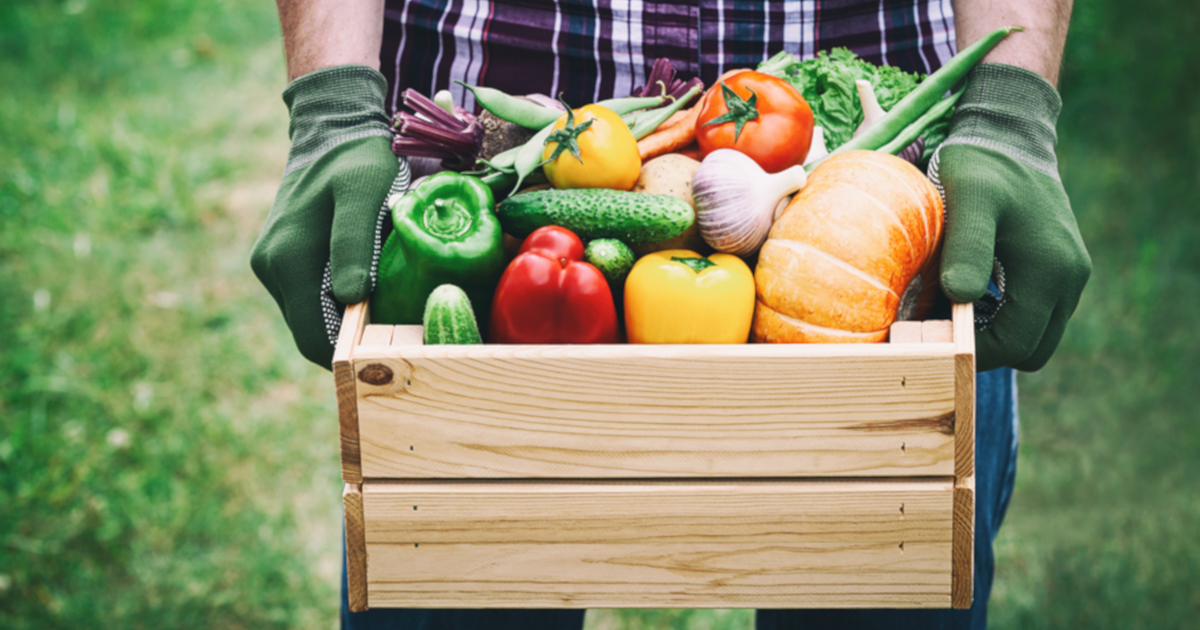
Biodynamic Agriculture: Traditional Knowledge, Scientific Research and Agroecological Innovation
In the context of the ongoing debate on biodynamic agriculture, Italian Senator Elena Cattaneo’s recent intervention has caused quite a stir, as she is ready to reopen the courts of the Inquisition, complete with cliché seventeenth-century accusations of witchcraft, alchemy and esoteric practices.
April 1, 2023 | Source: Navdanya International | by Manilo Masucci
Interview with Professor Piccolo, one of the leading international experts in agricultural chemistry.
In the context of the ongoing debate on biodynamic agriculture, Italian Senator Elena Cattaneo’s recent intervention has caused quite a stir, as she is ready to reopen the courts of the Inquisition, complete with cliché seventeenth-century accusations of witchcraft, alchemy and esoteric practices.
A picturesque narrative that nevertheless had the merit of drawing attention to some specific aspects of biodynamics. What is the scientific basis for biodynamic research and practice? What are the economic interests of the agribusiness lobbies that incite our politicians against organic and biodynamic farming despite clear indications from the markets and the European Commission? Which is more harmful for the environment and human health, a natural biodynamic preparation or a chemical herbicide such as glyphosate, strenuously defended by Senator Cattaneo, despite the IARC’s definition of it as a ‘probable carcinogen’? We interviewed Alessandro Piccolo, Professor of Agricultural Chemistry and Ecology at the Federico II University in Naples, who is considered one of the leading international experts on the subject. Professor Piccolo was awarded the Chemistry Prize by the prestigious German foundation Alexander von Humboldt for his research into the chemistry of humus, and is one of the founders of the Italian Society of Biodynamic Sciences (SISB), as well as Chief Editor of the journal “Chemical and Biological Technologies in Agriculture”.
